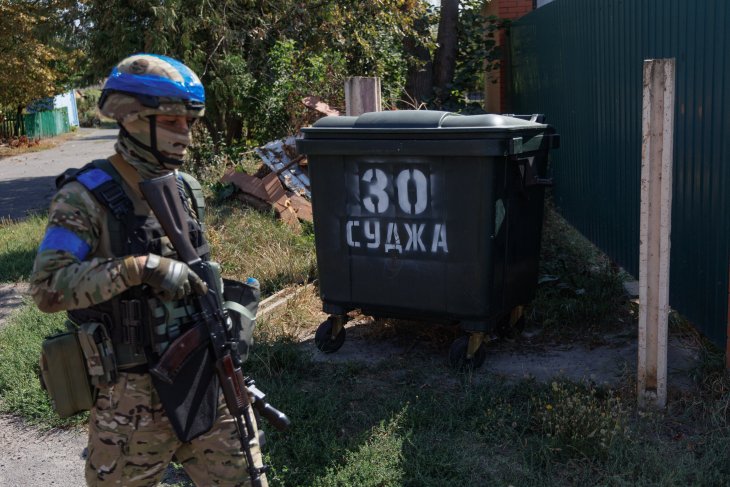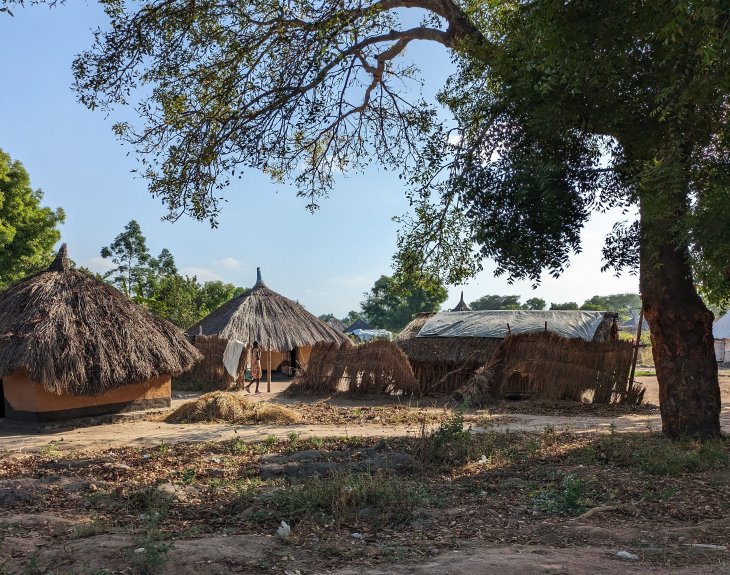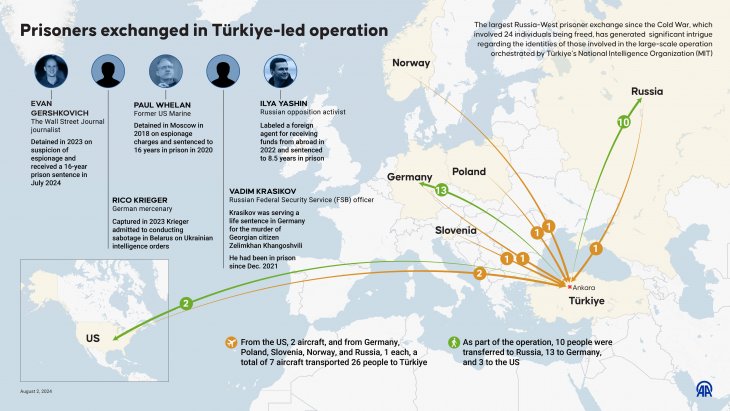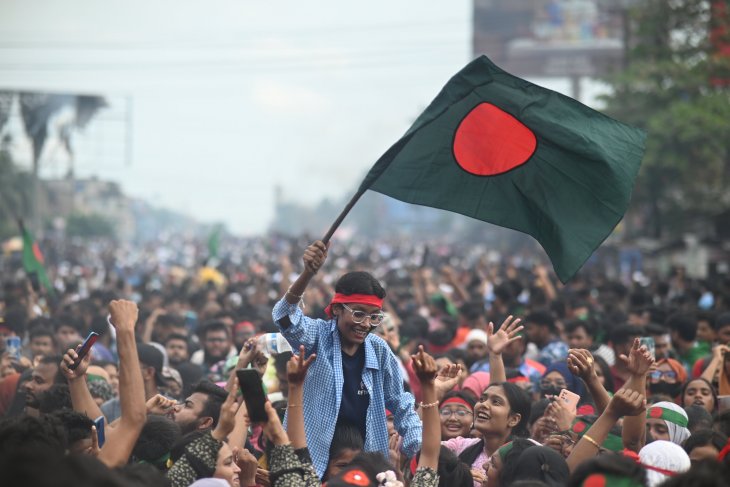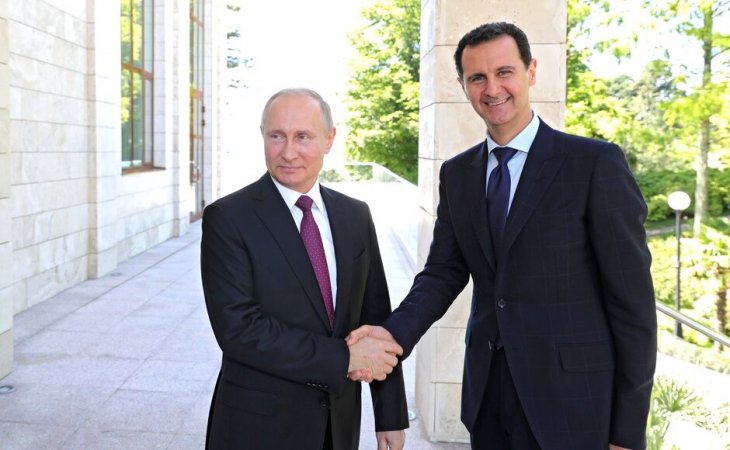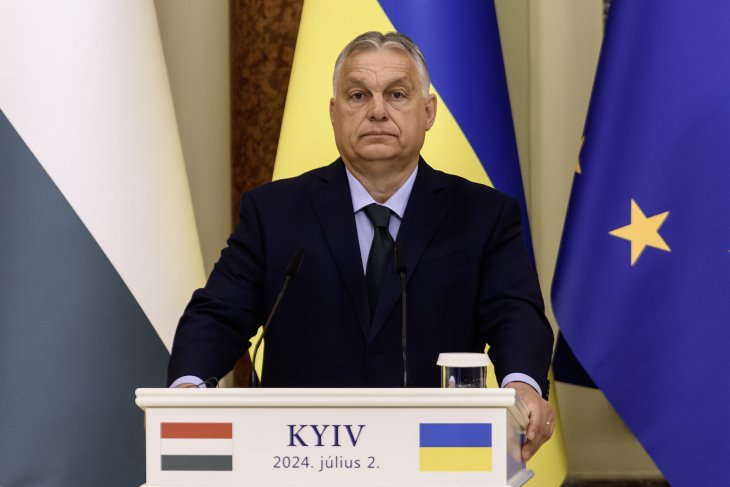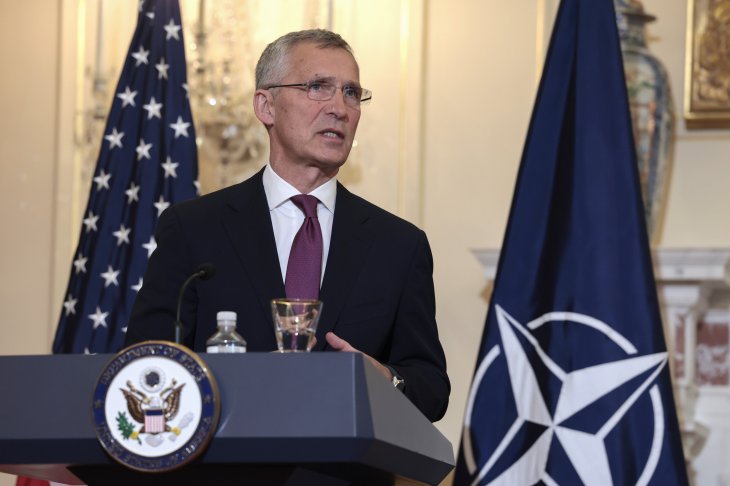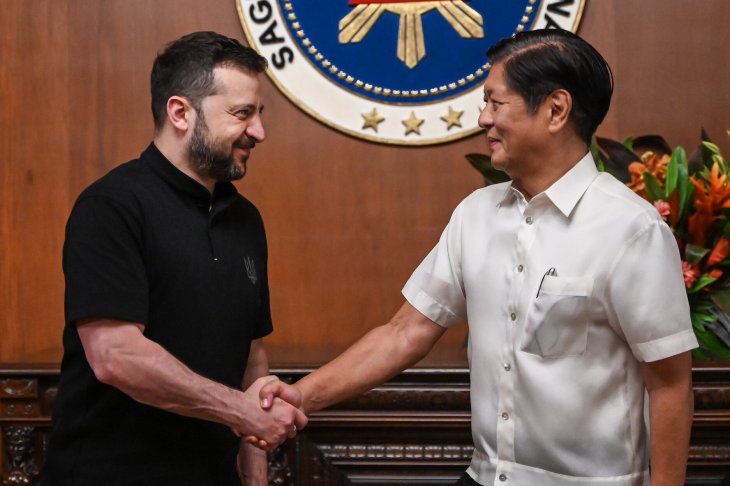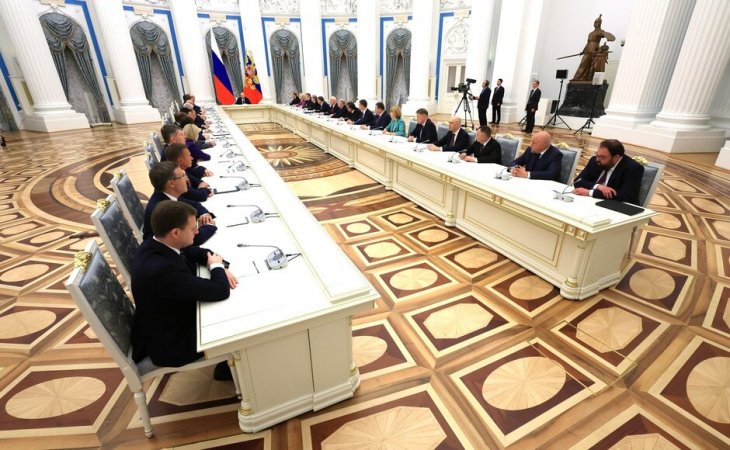Russia’s ninth annual Eastern Economic Forum was held last week on September 3–6 in Vladivostok. It was intended to promote Moscow’s commitment to pivoting its economic policy toward the Asia-Pacific, but instead exposed the shortcomings of this ambition.
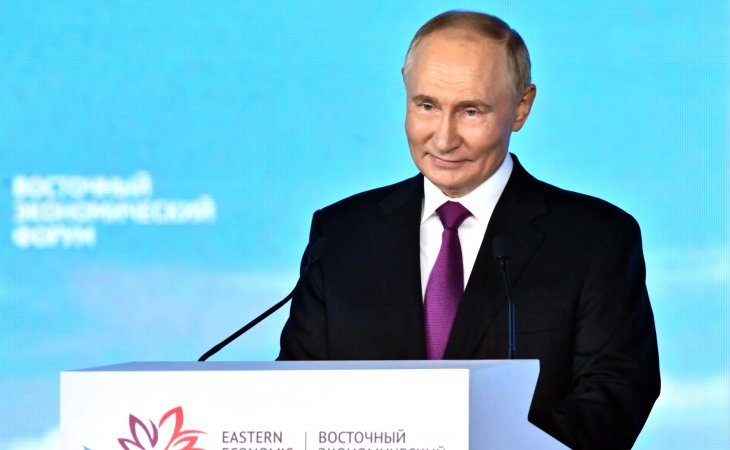
Putin at the Eastern Economic Forum in Vladivostok, September 2024. Photo: kremlin.ru
The Kremlin is not only demanding the redeployment of all combat-capable Russian units to the battlefields in Donbas for its war in Ukraine, but also is forced to sustain political efforts on withstanding Russia’s confrontation with the West.Read More
